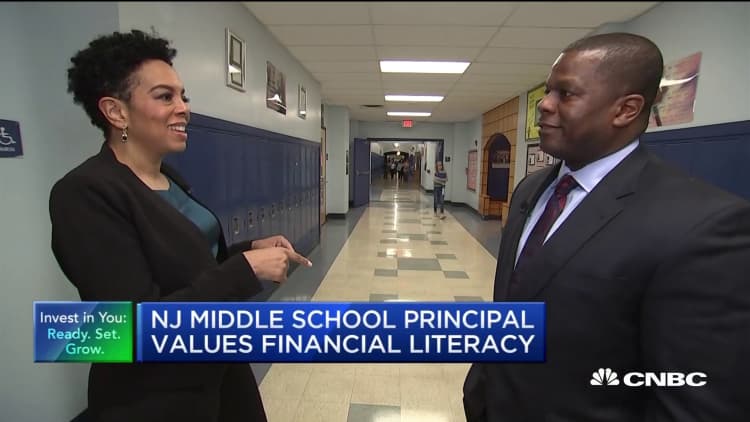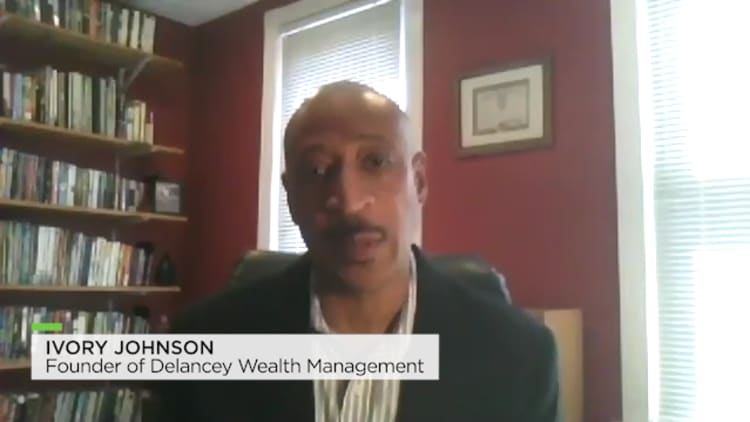If you're like a lot of people, you probably found it easy to save money the last few months. Many stores were closed, and working from home meant saving on gas and other commuting costs.
So you might be looking at your finances now and wondering why the picture isn't brighter.
Assuming you've paid down debt and have an emergency fund, check where you kept those savings. If they stayed in your bank account or even high-yield savings, you won't see the needle move.
To make progress, you need compound interest, which helps you build wealth when you invest, says Monica Sipes, a certified financial planner and senior wealth advisor at Exencial Wealth Advisors in Frisco, Texas.
A savings account alone or staying in cash generally will not keep pace with inflation.
The wealth you can build through the stock market makes the difference between Warren Buffett and the average person who has good savings habits yet shies away from investing.
More from Invest in You:
Not a saver? Learn these skills and end your year with a nice stash
Robo advisor and online broker apps make it easier to crack investing
When you're 65 you'll look back and wish you'd opened this account when you were 22
Historical look
The pandemic sparked a recession that began in February. And the Great Recession is still on the minds of a lot of novice and risk-averse investors, who have a lot of fear around what-ifs.
Instead of giving into the anxiety, though, people need to look at the patterns of the stock market over many decades. "That's super important," Sipes said. "Long-term investing will win over time, and investment returns are fairly predictable over the long term."
In fact, Sipes says, capital markets are one of the greatest wealth creation engines of all time and they are very accessible.
Ask, ask, ask

The roadblock for many younger investors is the fear that they're not knowledgeable enough.
"People assume that to get started you have to have an absolute command over investing," said Jennifer Dempsey Fox, president of Bryn Mawr Trust Wealth Management in Bryn Mawr, Pennsylvania.
Asking questions is a new investor's best strategy.
It may sound trite, but Fox says there are no stupid questions about investing — especially if it's holding you back from the next step.
Start early
Young people are often confronted with an overwhelming number of decisions. "Where should they put the money first?" said Adam Vega, a CFP at Goldman Sachs Personal Financial Management in Miami.
"Pay off loans? Save? What I've seen them do is start, but start too late," said Vega. "They're in their 40s or 50s when they finally begin investing."
If you wait until you're more settled and more knowledgeable, "you've lost 20 years of saving potential," Vega said. It seems to be a more or less static problem for this age group, and one Vega does not see changing.
Good financial habits are a great starting point — but if you want to meet substantial goals, such as retiring, starting to invest as early as you can is the best way.
Beginning early, Vega says, lets you take advantage of tax deferrals, compound interest and interest on your interest.

SIGN UP: Money 101 is an 8-week learning course to financial freedom, delivered weekly to your inbox.
CHECK OUT: If you invested $500 in 2010 according to Warren Buffett's advice, here's how much you'd have now via Grow with Acorns+CNBC.
Disclosure: NBCUniversal and Comcast Ventures are investors in Acorns.





